Indigenous leaders, Greens unite against the voice to parliament
Conservative Aboriginal leaders and Greens hold talks over their opposition to a referendum on an Indigenous voice.
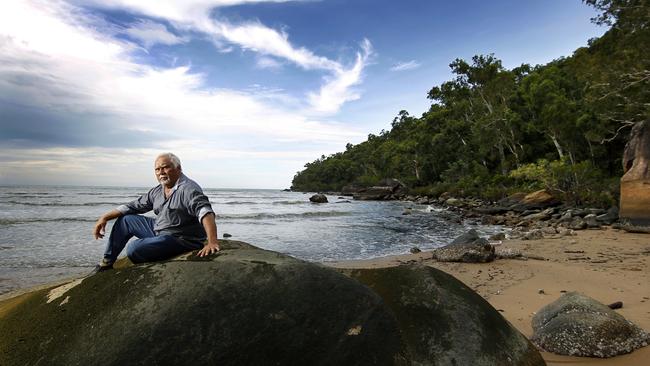
Conservative Aboriginal leaders and Greens have held talks over their common opposition to a referendum on an Indigenous voice to parliament, as Anthony Albanese leans toward starving both the Yes and No campaigns of public funds.
A diverse range of Indigenous leaders and politicians is coalescing against the voice, demanding the government halt the referendum, or at least ensure public funding for an Aboriginal-led No campaign.
The Australian can reveal Indigenous businessman Warren Mundine met Greens senator Lidia Thorpe last Wednesday and discussed ramping up a No campaign, on the sidelines of wider talks with crossbench senators about Indigenous affairs.
The meeting – between Mr Mundine, a former federal Liberal Party candidate, and Senator Thorpe, who says a voice is not radical enough and a treaty between Indigenous Australians and the federal government is needed – was the first informal step to bringing conservatives and radicals in the Aboriginal community together to support a No campaign.
“These blokes (supporters of the voice) are better than Jesus Christ,” said a source who was at the meeting. “They have brought all these people with different politics together.”
Mr Mundine also plans a national talking tour with Country Liberal senator Jacinta Nampijinpa Price in coming months to promote the No cause.
Veteran Aboriginal leaders across the country, including Aboriginal Land Council of Tasmania chairman Michael Mansell and former North Queensland Yarrabah Aboriginal Shire mayor Percy Neal, are also rallying colleagues to help halt the referendum. Mr Mansell is campaigning for designated Indigenous senators from each state as an alternative to the voice, while others such as Mr Neal want to move immediately to a broader treaty.
A spokeswoman for the federal Greens confirmed the meeting between Senator Thorpe and Mr Mundine took place, and did not deny they discussed their mutual opposition to the Albanese government’s referendum.
“As you would expect, Senator Thorpe meets with a range of First Nations stakeholders,” she said.
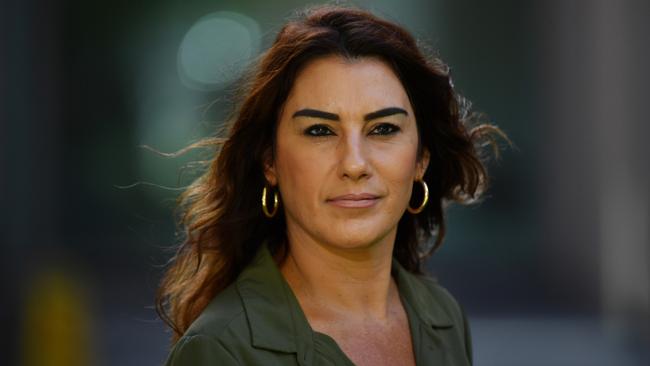
“Senator Thorpe and Greens leader Adam Bandt are currently working with the government to ensure all elements of the Uluru statement including truth, treaty and voice are delivered.”
Senator Thorpe has repeatedly attacked the voice referendum despite saying she does not oppose it in theory.
The Victorian Greens senator has called a referendum a waste of money and claimed that a campaign could be harmful to Aboriginal Australians.
Indigenous Australians Minister Linda Burney said the government was yet to make a decision on funding for the Yes and No campaigns. “It’s one of a number of issues that government will be consulting on … in the months ahead,” a spokesman said.
However, The Australian understands there is an influential view within government that it will not fund either campaign.
This would significantly advantage the “yes” camp, which corporate Australia is lining up to bankroll. “People have to make an informed decision on constitutional change and you can’t have an informed opinion if you’re only getting one side of the story,” Mr Mansell said. “They’ve given nothing to the Aboriginal voice that says ‘Hang on, we’ve got a different viewpoint and we want to raise some issues’.”
First Nations people, rather than the non-Indigenous, should receive any funding for the No case, given the subject matter, he said. “Those who wish to express themselves must have an opportunity to do so – most Aboriginal people are just completely shut out of this process. They don’t have the resources.”
This was backed by Mr Mundine. “I am sitting down and talking to people because we have got no money,” Mr Mundine said.
“We are up against a 50,000-tonne dragon. I think the general public will say ‘if they (Aboriginal people) are all split, why should we vote for it’. I predict the debate will get angrier as we get closer to this referendum because the voices of everyday working Aboriginal Australians have been totally snuffed out.”
Supporters of the voice are increasingly concerned opposition from such influential Indigenous figures threatens the Yes vote.
There is particular concern the Yes vote will struggle in Tasmania and Queensland, leaving it vulnerable to failure, given referendums require a national majority and a majority in at least four of the six states.
Mr Neal said like-minded Indigenous figures from across the country hoped to meet soon to plan a united approach to government to halt the referendum.
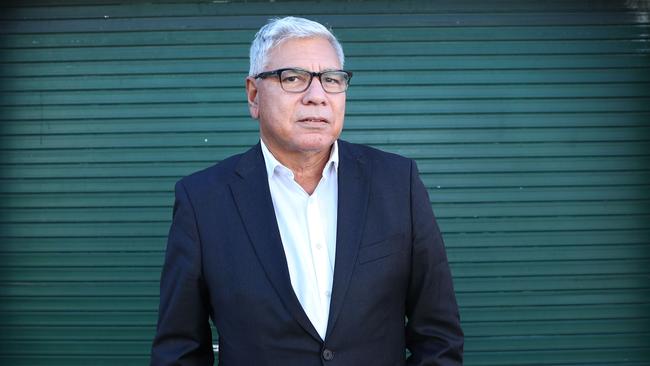
“We want to speak to government about where we’re going,” Mr Neal said. “There is still time. The Prime Minister has to seriously consider this. Now is the time to try to get something really good out of all this talk.”
If the referendum proceeded, he would reluctantly have to advocate a No vote. He believed the focus should be on treaty now.
“The Uluru Statement (from the Heart, which elevated voice as an initial step) was when we had a conservative government,” he said. “But now with Albanese there, we should all get together again and put that energy and money into seriously considering treaty.
“If (Mr) Albanese could show the same enthusiasm for treaty as for the voice to parliament, I think he’d be able to pull it off.
“Treaty is the only thing that everyone understands. People on the ground want something meaningful.”
He said he believed the cost of a voice would be better spent on improving the day-to-day lives of Indigenous communities.
At the 1999 republic referendum, the Howard government allocated equal funding to the two campaign committees. Campaigns by both sides in the 2017 same sex marriage plebiscite were also government-funded.
However, at the 1967 referendum (to count Aborigines in the census and allow federal laws for their betterment), only a Yes campaign was government-backed, given a lack of advocacy for a No vote.
Pauline Hanson is preparing to work on a No campaign alongside Mr Mundine and anyone else with shared concerns.
Her office said it was in ongoing discussions with Mr Mundine about a shared opposition to an Indigenous voice to parliament. “It has to be a collective effort. A divided No campaign will fail,” she said via a spokesman.

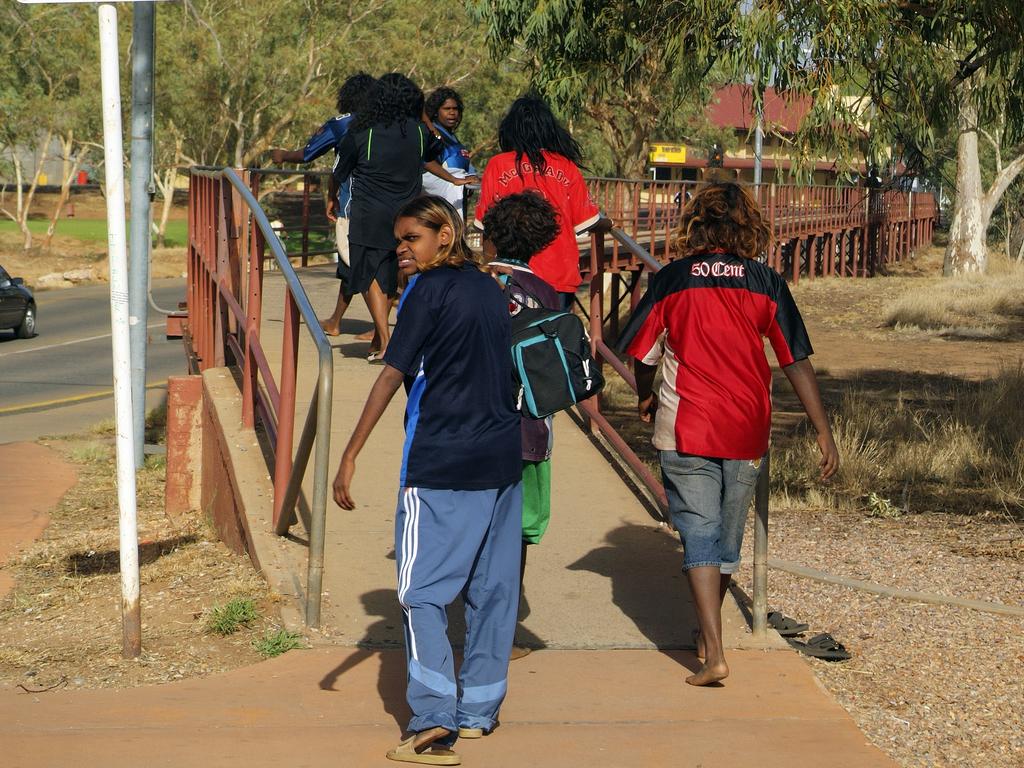
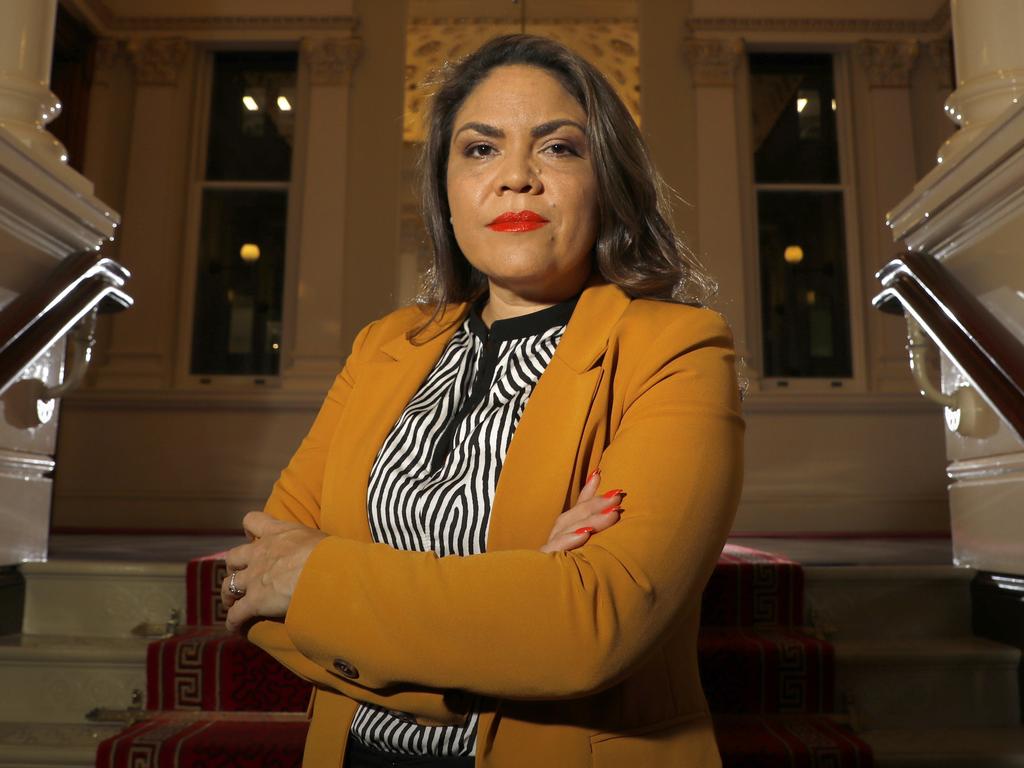
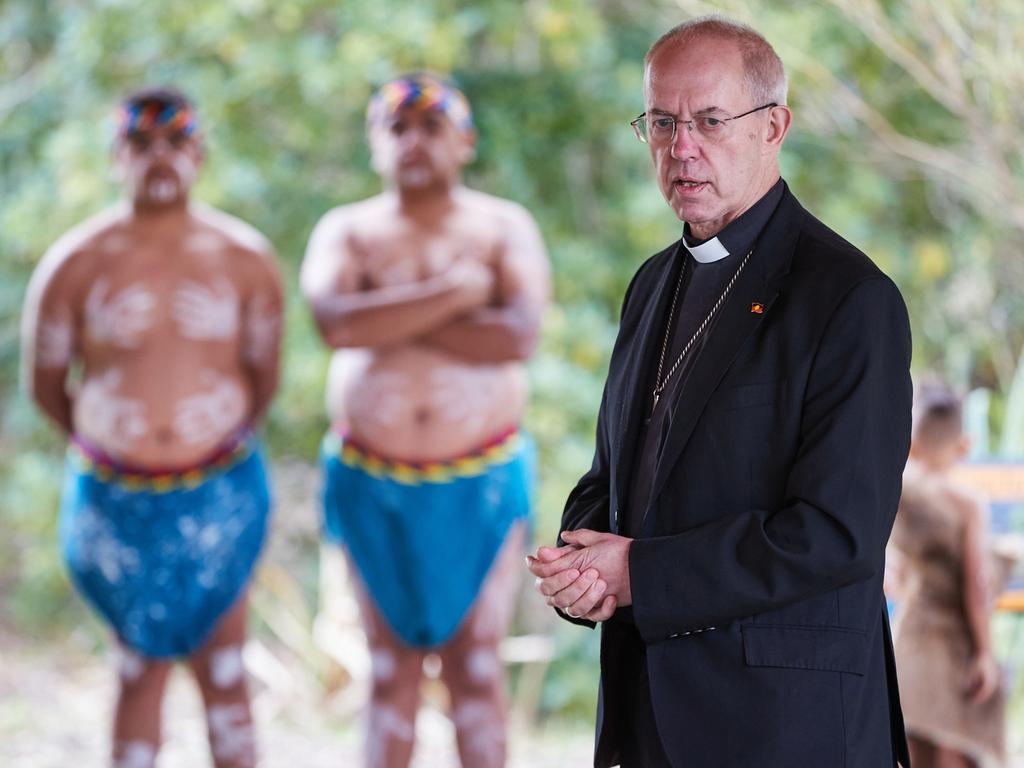
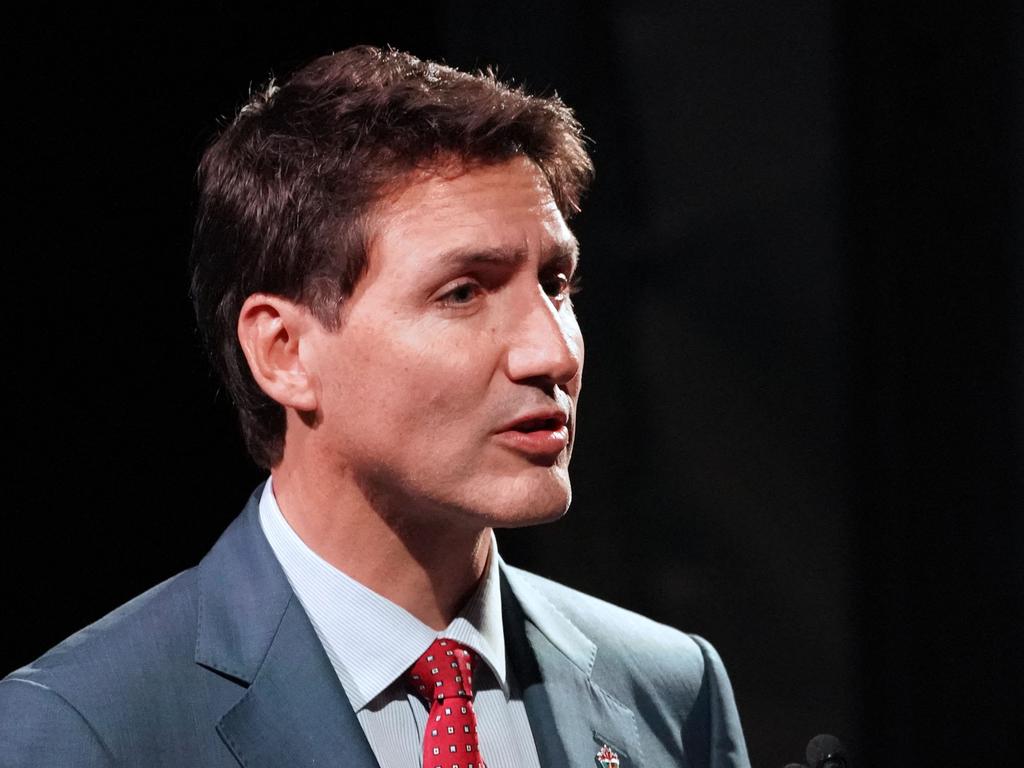


To join the conversation, please log in. Don't have an account? Register
Join the conversation, you are commenting as Logout